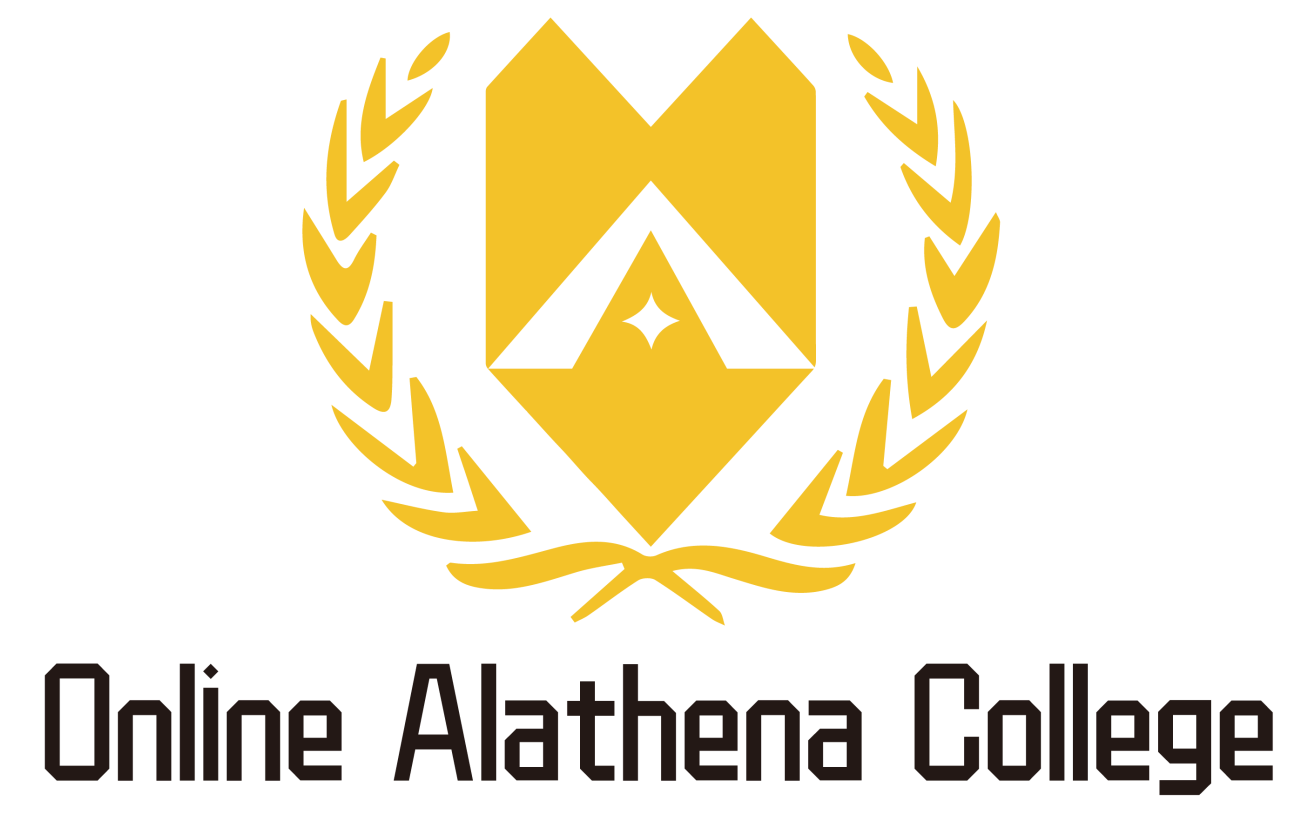Course features
Chemistry, Grade 12, University Preparation
-
Course code: SCH4U
-
Level: Grade 12
-
Study time: 110 hours
-
Credit Value: 1.0
-
Prerequisite: SCH3U, Grade 11, University Preparation
-
Curriculum Policy: Science, The Ontario Curriculum, Grades 11 and 12, 2008 (Revised)
SCH4U
Write your awesome label here.
Course Description
Unit 1: STRUCTURE AND PROPERTIES OF MATTER
In this unit, students will:
- Investigate the molecular shapes and physical properties of various types of matter.
- Demonstrate an understanding of atomic structure and chemical bonding, and how they relate to the physical properties of ionic, molecular, covalent network, and metallic substances.
- Assess the benefits to society and evaluate the environmental impact of products and technologies that apply principles related to the structure and properties of matter
Unit 2: ORGANIC
CHEMISTRY
In this unit, students will:
- Investigate organic compounds and organic chemical reactions, and use various methods to represent the compound and,
- Demonstrate an understanding of the structure, properties, and chemical behaviour of compounds within each class of organic compounds.
- Assess the social and environmental impact of organic compounds used in everyday life, and propose a course of action to reduce the use of compounds that are harmful to human health and the environment.
UNIT 3: ENERGY CHANGES AND RATES OF REACTIONS
In this unit, students will:
- Investigate and analyze energy changes and rates of reaction in physical and chemical processes, and solve related problems.
- Demonstrate an understanding of energy changes and rates of reaction.
- Analyze technologies and chemical processes that are based on energy changes, and evaluate them in terms of their efficiency and their effects on the environment.
UNIT 4: CHEMICAL SYSTEMS AND EQUILIBRIUM
In this unit, students will:
- Investigate the qualitative and quantitative nature of chemical systems at equilibrium, and solve related problems.
- Demonstrate an understanding of the concept of dynamic equilibrium and the variables that cause shifts in the equilibrium of chemical systems.
- Analyze chemical equilibrium processes, and assess their impact on biological, biochemical, and technological systems.
UNIT 5: ELECTROCHEMISTRY
In this unit, students will:
- Investigate oxidation-reduction reactions using a galvanic cell, and analyze electrochemical reactions in qualitative and quantitative terms.
- Demonstrate an understanding of the principles of oxidation-reduction reactions and the many practical applications of electrochemistry.
- Analyze technologies and processes relating to electrochemistry, and their implications for society, health and safety, and the environment.
Overall Curriculum Expectations
A. Scientific Investigation Skills and Career Exploration
- A1. demonstrate scientific investigation skills (related to both inquiry and research) in the four areas of skills (initiating and planning, performing and recording, analysing and interpreting, and communicating);
- A2 identify and describe a variety of careers related to the fields of science under study, and identify scientists, including Canadians, who have made contributions to those fields.
B. Structure and Properties of Matter
- B1. assess the benefits to society and evaluate the environmental impact of products and technologies that apply principles related to the structure and properties of matter.
- B2. investigate the molecular shapes and physical properties of various types of matter.
- B3 demonstrate an understanding of atomic structure and chemical bonding, and how they relate to the physical properties of ionic, molecular, covalent network, and metallic substances.
C. Organic Chemistry
- C1. assess the social and environmental impact of organic compounds used in everyday life, and propose a course of action to reduce the use of compounds that are harmful to human health and the environment;
- C2. investigate organic compounds and organic chemical reactions, and use various methods to represent the compounds;
- C3. demonstrate an understanding of the structure, properties, and chemical behaviour of compounds within each class of organic compounds.
D. Energy Changes and Rates of Reaction
- D1. analyse technologies and chemical processes that are based on energy changes, and evaluate them in terms of their efficiency and their effects on the environment;
- D2. investigate and analyse energy changes and rates of reaction in physical and chemical processes, and solve related problems;
- D3. demonstrate an understanding of energy changes and rates of reaction.
E. Chemical Systems and Equilibrium
- E1. analyse chemical equilibrium processes, and assess their impact on biological, biochemical, and technological systems;
- E2. investigate the qualitative and quantitative nature of chemical systems at equilibrium, and solve related problems;
- E3. demonstrate an understanding of the concept of dynamic equilibrium and the variables that cause shifts in the equilibrium of chemical systems.
F. Electrochemistry
- F1. analyse technologies and processes relating to electrochemistry, and their implications for society, health and safety, and the environment;
- F2. investigate oxidation-reduction reactions using a galvanic cell, and analyse electrochemical reactions in qualitative and quantitative terms;
- F3. demonstrate an understanding of the principles of oxidation-reduction reactions and the many practical applications of electrochemistry.

